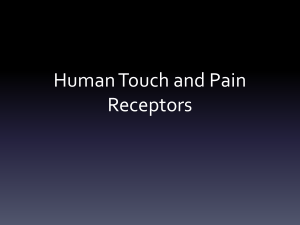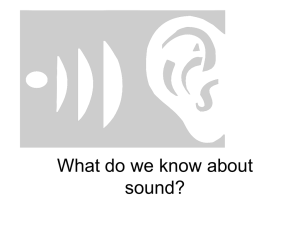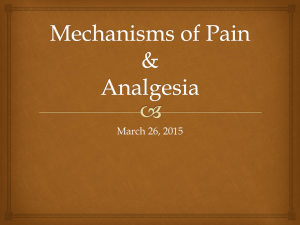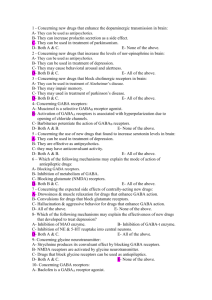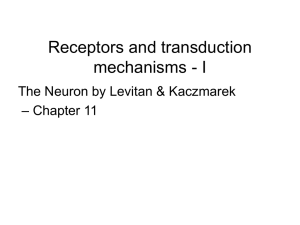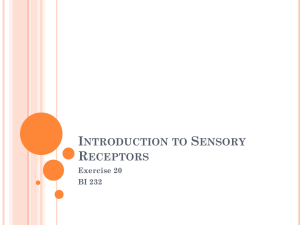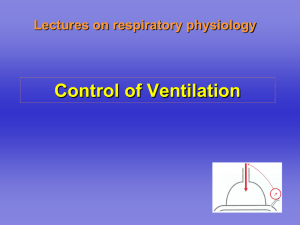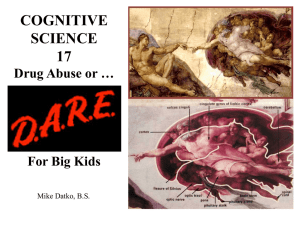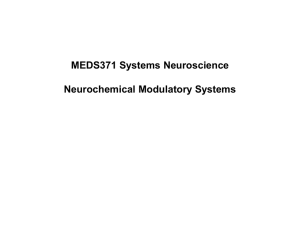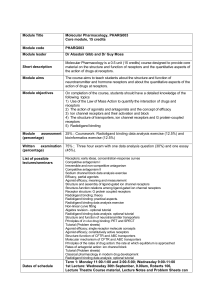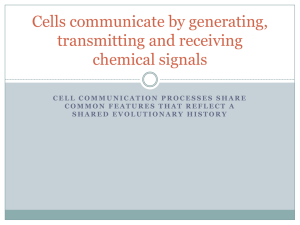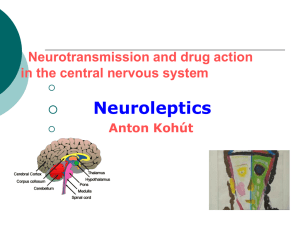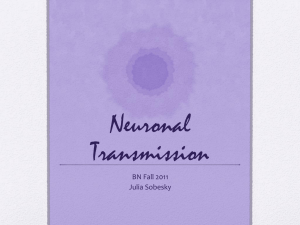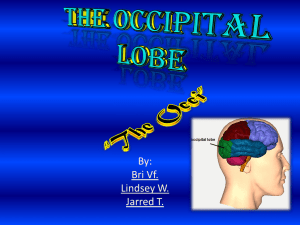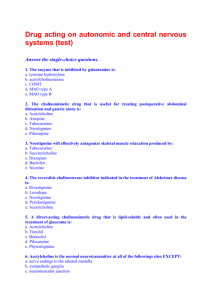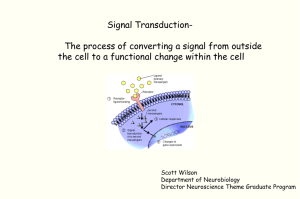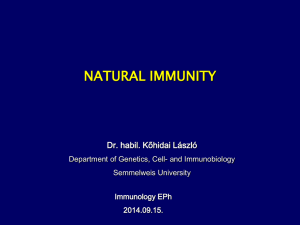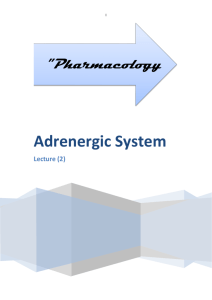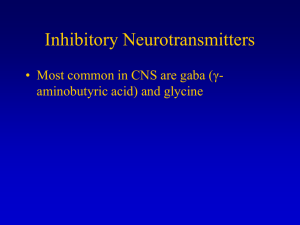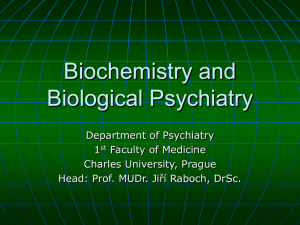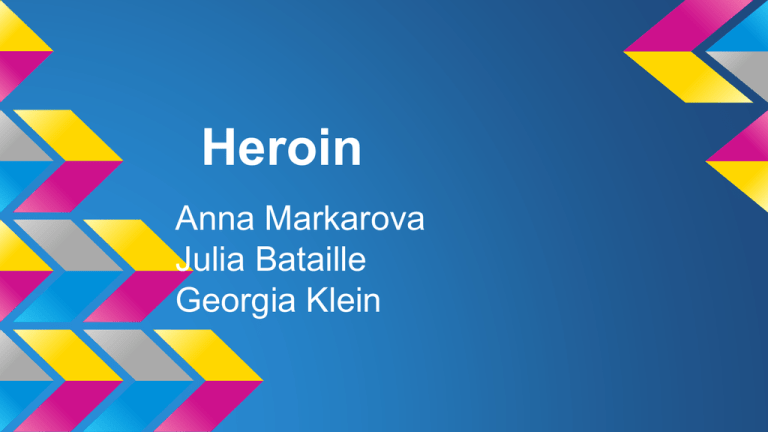
Heroin
Anna Markarova
Julia Bataille
Georgia Klein
Heroin
•
•
•
•
•
Comes from the seedpod of the opium poppy plant
Processed from morphine
It’s a depressant that inhibits the central nervous system and affects the
brains ability to feel pain
Usually appears as white or brown powder or as a black sticky substance
Can be injected, sorted/sniffed, or smoked
Presynaptic Neuron (non-activated)
Before opioid receptor activation, Calcium channels are
open and the K channels are closed. The seven
transmembrane receptors are G protein coupled
receptors
Presynaptic Neuron(activated)
•
•
•
Once morphine is attached the K channels open and Calcium channels
close
Morphine has a greater affinity for the Mu opioid receptor than the gamma
and delta
Decrease in glutamine, Ach, NE, 5-HT, and substance P
Cell Signaling Pathways
•
•
•
•
Once heroin enters the brain it is
converted into morphine and
attaches to receptors in the brain
known as opioid receptors
These receptors are found in
many areas of the brain,
especially those involved in the
perception of pain and reward,
also found in brain stem
Opioid receptors are classified
into two categories, classical and
non-classic
Opioid receptors are 7
transmembrane receptors
Types of Receptors
•
•
•
•
•
Opioid receptors are G protein-coupled receptors (GPCRs) with opiates as
ligands
Large protein family of receptors that sense molecules outside the cell and
active signal transduction pathways
A ligand is a chemical signal that binds to a receptor protein
GABA inhibits the release of dopamine Heroin mimics this and inhibits the
release of GABA
3 receptors types:
Mu: Functions: analgesia, antidepressant, physical dependence
Delta:Functions: anticonvulsant effects, dysphoria, miosis, sedation
Kappa:Functions:respiratory depression, euphoria, physical
dependence
•
•
•
Signal Transduction Pathways
•
•
•
•
•
GPCRs are the surface receptors that alter intracellular
functions to create a response.
Receptors changes receptor protein in some way, which
causes transduction.
Heroin binds to the receptors and blocks GABA from
being released
Dopamine is released since GABA isn’t there to inhibit
its production
Dopamine is released and attaches to the dopamine
receptors.
Signal
Transduction
Pathways
Effects of Heroin
•
•
•
•
Morphine mimics endorphins, which are responsible for reducing pain,
causing sleepiness, and feelings of pleasure. They can be released by
pain, exercise, orgasm, or excitement
Activation of opioid receptors associate with analgesia, sedation, euphoria,
physical dependence, and respiratory depression.
Heroin abuse is associated with serious health conditions, fatal overdose,
abortion, HIV/AIDS and hepatitis.
Chronic users may develop collapsed veins, infection of the heart lining
and valves, liver or kidney disorders.
Correct Mechanism
• Dopamine naturally occurs in the body
• It’s released when native opiate binds to a
receptor site and continues on the same
way to release dopamine
Direction of Research
Research has found a way to reduce the
chances of addiction to heroin by blocking
the TLR4 because it helps to increase the
effect of endorphins.
http://www.foxnews.com/health/2012/08/15/researches-find-way-to-block-heroin-morphine-addiction/
DONT DO DRUGS

